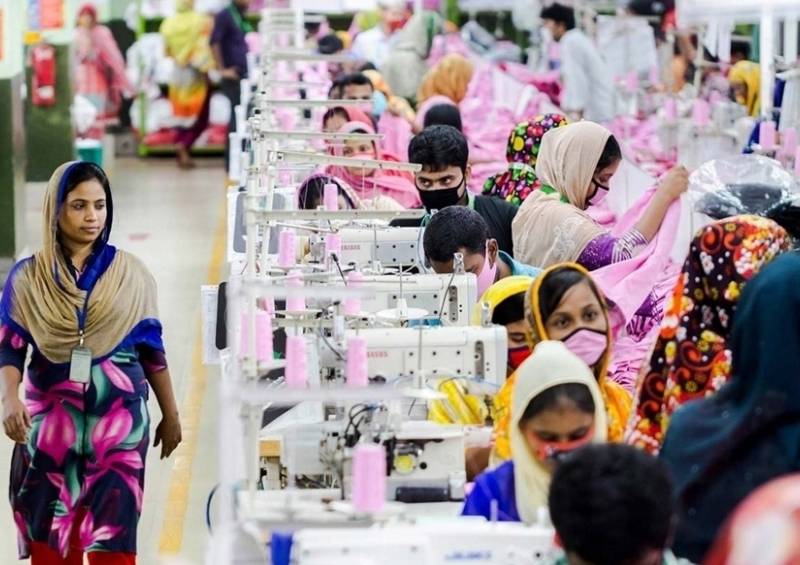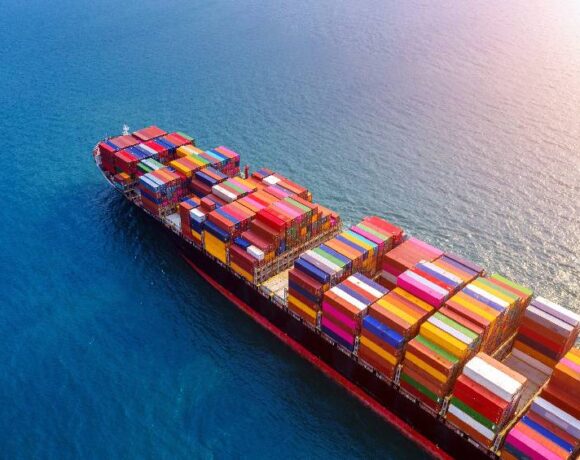Bangladesh Faces $27bn Apparel Export Hit From Extreme Weather

Bangladesh could lose a massive $27 billion in yearly apparel exports by 2030, if the country does not adopt a climate-adaptive approach due to high heat and floods.
Around 2.5 lakh employees working in the garment sector are forecast to lose jobs due to climate-induced disruptions by 2030.
This was the interpretation of a study titled ‘Climate Resilience and Fashion’s Costs of Adaptation’ jointly conducted by Cornell University and Schroders.
The findings were presented by Mapped in Bangladesh (MiB) and Cornell University’s Global Labor Institute (GLI) under the School of Industrial and Labor Relations.
The study which focuses on production hubs in Bangladesh, Cambodia, Pakistan, and Vietnam reveals that these regions could lose more than $65 billion in clothing export earnings due to climate changes.
“In the longer term, the impact will be agonising for Bangladesh and the country may lose $27 billion from apparel exports by 2050,” the study noted, while recommending actions to address the challenges.
The researchers also analysed the climate vulnerability of 32 apparel production hubs, including Dhaka and Chattogram and showed that exposure to heat and flooding was widespread.
The study revealed that workers in Dhaka reported missing three days of work per month due to heat- and flood-related illness in the summer months costing them Tk 1,200 to 1,500 per month.
The study recommended treating heat and flood events as health hazards, with paid leave for events and related illnesses. It also called for providing the rights to stop work under such conditions.
The study stressed the need for a collective response, including global and national bargaining, to address the challenges faced by the apparel sector.
Binding agreements should be established and formal partnerships must be fostered between brands, manufacturers, unions, and governments to address and adapt to climate breakdown.
The study suggested brands and suppliers explore the return on investment from adaptation measures and support suppliers to retrofit or relocate to lower-risk locations.
It was also recommended that the government integrate climate adaptation and worker rights-related factors into trade policies.














